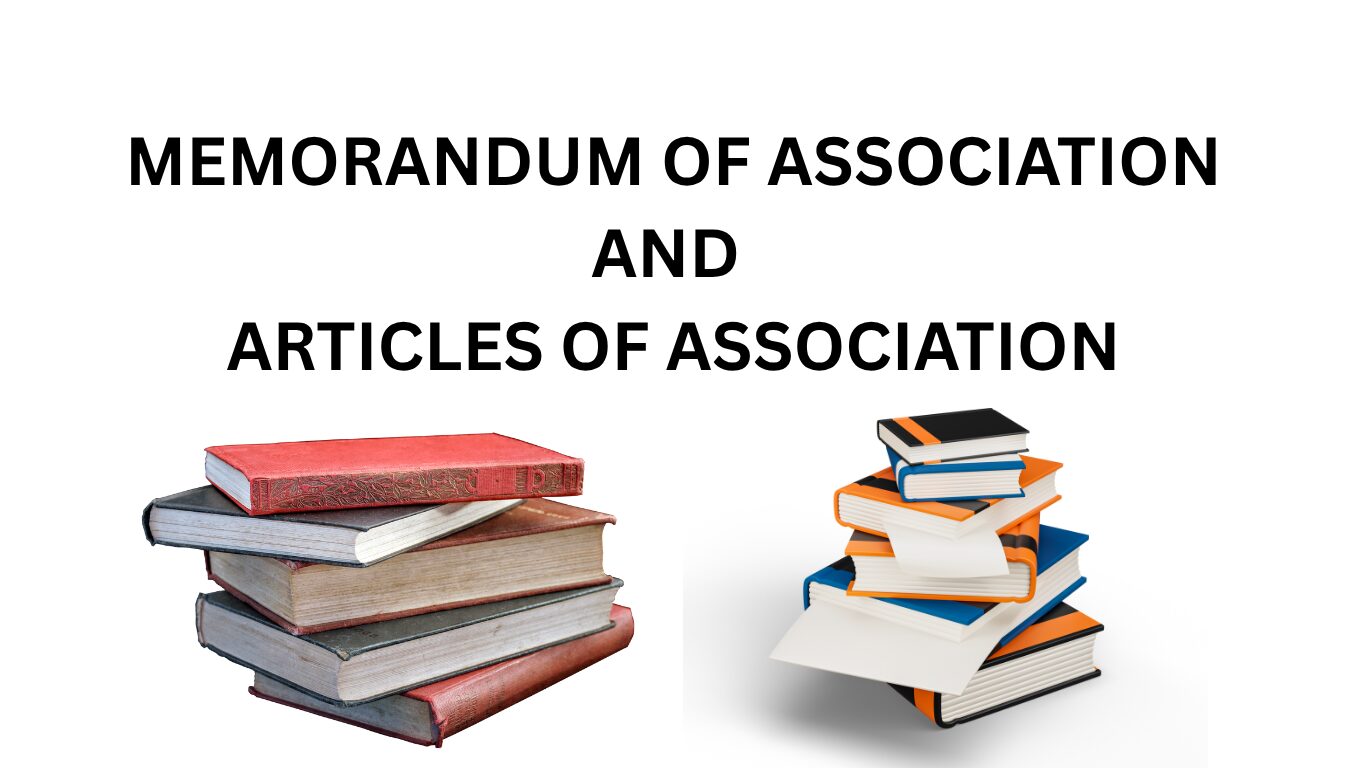On August 7, 2020, former President Muhammadu Buhari signed the Companies and Allied Matters Act (CAMA) 2020 into law, replacing the repealed CAMA 1990. This legislation introduced new reforms designed to enhance the ease of doing business, improve corporate governance, and align Nigeria’s company law with international best practices.
Following its enactment, the Corporate Affairs Commission (CAC) began implementing the new provisions, including the introduction of an online self-service portal for company registration and business filings. CAMA 2020 modernizes the legal framework for company formation, operation, and regulation, addressing the needs of startups, small and medium-sized enterprises (SMEs), and foreign investors.
The following are the key innovations and structural changes introduced by the new legislation.
The Recent Changes Under the New Companies and Allied Matters Act (CAMA) 2020
1. Company Structure and Governance
Single-Shareholder/Director Companies
By the provisions of Section 18(2) CAMA 2020, private companies can now be incorporated with only one shareholder and director. This empowers individuals to establish fully owned limited liability entities, eliminating the old requirement of at least two shareholders.
Separation of Chairman and CEO Roles
Under Section 65(6), the same individual can no longer serve as both Chairman and Chief Executive Officer (CEO) of a public company. This provision aligns with global best practices in corporate governance and minimizes conflicts of interest.
Removal of Common Seal Requirement
Section 98 of the Companies and Allied Matters Act (CAMA) 2020 removes the long-standing requirement for companies to maintain and use a common seal. Under this provision, a company may now execute deeds without affixing a common seal, provided the document is duly signed by either two directors, a director and the company secretary, or one director in the presence of a witness who attests to the signature.
The law further provides that where a company chooses to have a common seal, its design and use shall be determined by the company’s articles of association.
Introduction of Minimum Share Capital
Section 27 of CAMA 2020 replaces the concept of authorized share capital with minimum issued share capital. It mandates that a company’s memorandum of association must state this minimum issued share capital.
Under the new provision, the minimum share capital is ₦100,000 for private companies and ₦2,000,000 for public companies, marking a major increase from the previous thresholds under CAMA 1990. For companies limited by guarantee, the members’ minimum contribution in the event of winding up has also risen from ₦10,000 to ₦100,000.
Restriction on Multiple Directorships
According to Section 307(2) of CAMA, an individual is prohibited from serving as a director in more than five public companies simultaneously. Anyone who held directorship positions in more than five public companies when CAMA 2020 came into effect is granted a two-year grace period to comply with this limitation. Furthermore, before accepting a new appointment, any person nominated as a director of a public company must disclose all existing directorships held in other public companies.
2. Operations and Technology
Electronic Filings and Company Registration
The CAC now operates a digital self-service portal, allowing for electronic filings, name reservations, and document submissions online. This modernization reduces processing time and promotes transparency.
Electronic Share Transfers
Companies can now transfer shares electronically, enabling faster, paperless transactions consistent with global digital business practices.
Virtual and Optional General Meetings
The provisions of Section 240 CAMA 2020 permit electronic general meetings. Private companies can now hold meetings virtually, eliminating the need for physical presence and enabling remote participation. In furtherance of that, under Section 101, companies can now sign documents electronically, allowing directors and officers to approve documents remotely. Small companies and single-shareholder companies are exempt from holding annual general meetings.
Statement of Compliance
A Statement of Compliance previously required to be signed by a legal practitioner can now be signed by the company applicant or their agent, simplifying the registration process.
3. New Business Structures
Limited Liability Partnerships (LLPs)
The new CAMA 2020 introduced under Part D, an LLP, which combines the flexibility of a partnership with the limited liability of a company. It is a separate legal entity that protects partners’ personal assets.
Limited Partnerships (LPs)
Under Part E, an LP must have at least one general partner (with unlimited liability) and one limited partner (whose liability is restricted to their investment). This structure is ideal for venture capital, investment firms, and joint ventures.
Other Notable Reforms Under the New CAMA 2020
Beyond the major structural and governance changes, CAMA 2020 introduces several additional reforms aimed at improving transparency, accountability, and operational efficiency within Nigeria’s corporate framework.
For example, per Section 692(3) CAMA 2020, CAC is now empowered to deregister dormant or inactive companies that fail to meet statutory filing requirements. The Act also mandates the disclosure of persons with significant control in a company to strengthen transparency and accountability.
Small companies benefit from various exemptions, including relief from appointing a company secretary and reduced compliance obligations. To protect creditors, CAMA 2020 strengthens debt recovery mechanisms, empowering them to petition for a company’s winding-up if it fails to meet its debt obligations (Sections 572 and 580). Moreover, the CAC now has broader regulatory powers to oversee, investigate, and enforce corporate governance compliance (Sections 8 and 41).
Overall, CAMA 2020 marks a major evolution in Nigeria’s corporate regulatory framework. By embracing technology and aligning with international best practices, the Act promotes a more transparent, efficient, and investor-friendly business environment.



















